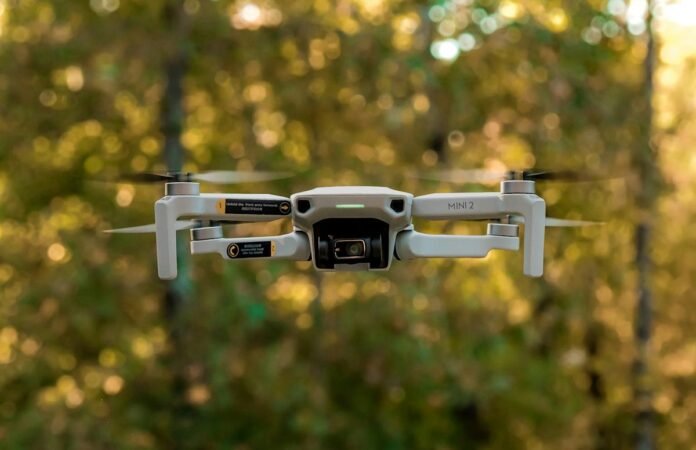Summary Points
-
Legal Defeat for DJI: A US judge ruled against DJI in its lawsuit challenging the Department of Defense’s designation as a “Chinese military company,” citing sufficient evidence of its contributions to the Chinese military.
-
Claims of Harms: DJI argued the designation, which affects access to government contracts and loans, has caused “ongoing financial and reputational harm,” despite its assertion of not being controlled by the military.
-
Contentious US Relations: DJI has faced scrutiny from the US government, added to the Entity List in 2020 and implicated in allegations related to surveillance of Uyghurs, leading to an import ban consideration.
-
Urgent Appeal for Review: With a looming potential import ban by the end of 2023, DJI requested evaluation of its products from key national security agencies to demonstrate they do not pose a national security risk.
DJI’s Legal Battle and Its Implications
DJI’s recent loss in a lawsuit against the Department of Defense serves as a significant marker in the ongoing tension between technology and national security. After nearly a year of legal contention, a federal judge confirmed that DJI contributes to the Chinese military. This ruling hinges on a fundamental issue: while DJI claims its policies prohibit military use of its technology, this assertion does not remove the concern about its potential applications. The court emphasized that DJI’s technology has both theoretical and practical military implications. Thus, the judge ruled against the drone manufacturer, reinforcing the government’s stance on safeguarding national security.
The ramifications extend beyond the courtroom. DJI’s designation as a “Chinese military company” has tangible effects. It restricts the company’s ability to access federal contracts, grants, and loans, leading to ongoing financial distress. Additionally, the designation has harmed its reputation, complicating its relationships with both consumers and business partners. DJI argues it is not controlled by the Chinese military, yet the presence of its products in surveillance initiatives has fueled skepticism. The past few years have seen DJI’s technology placed on the Entity List, significantly limiting its prospects in the U.S. market. Now, facing a potential import ban by year-end, the company must prove that its products do not pose a national security risk.
Looking Forward: The Future of Drone Technology
As the story unfolds, the broader implications for drone technology emerge. Many industries rely on advances in this field, from agriculture to emergency services, highlighting the technology’s potential for positive contribution. Despite DJI’s challenges, the capability of drones to improve daily life in various sectors remains substantial. The current climate, however, raises critical questions about balancing innovation with security concerns.
Public perception plays a crucial role in shaping the future of this technology. On one hand, DJI’s adversities prompt individuals and businesses to reconsider their trust in Chinese technology. On the other hand, the demand for drone solutions persists globally. Stakeholders must navigate a complex landscape where operational efficiency and national security coexist. Moving forward, the dialogue around drone technology will likely emphasize not only innovation but also transparency and safety. Understanding this balance will be paramount as society thrusts towards an increasingly integrated technological future.
Expand Your Tech Knowledge
Dive deeper into the world of Cryptocurrency and its impact on global finance.
Stay inspired by the vast knowledge available on Wikipedia.
TechV1

